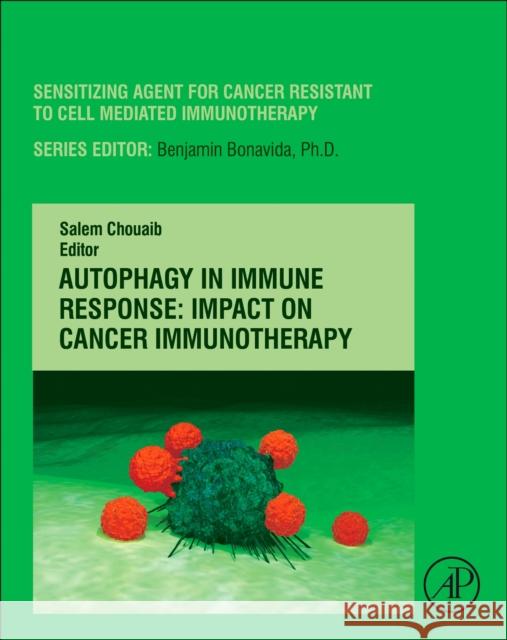Autophagy in Immune Response: Impact on Cancer Immunotherapy » książka
topmenu
Autophagy in Immune Response: Impact on Cancer Immunotherapy
ISBN-13: 9780128196090 / Angielski / Twarda / 2020 / 400 str.
Kategorie:
Kategorie BISAC:
Wydawca:
Academic Press
Seria wydawnicza:
Język:
Angielski
ISBN-13:
9780128196090
Rok wydania:
2020
Numer serii:
000959862
Ilość stron:
400
Oprawa:
Twarda
Wolumenów:
01
Dodatkowe informacje:
Bibliografia











